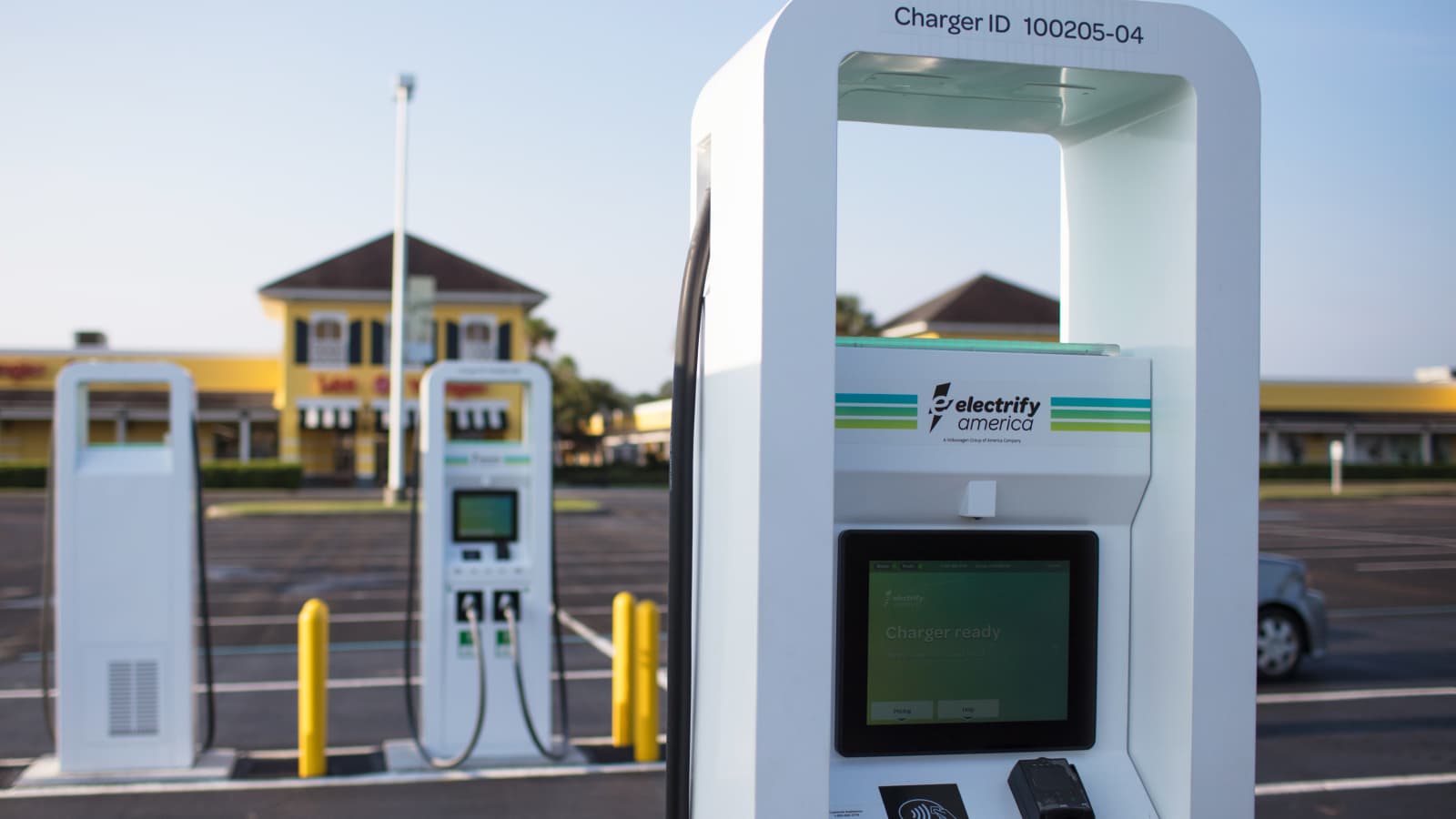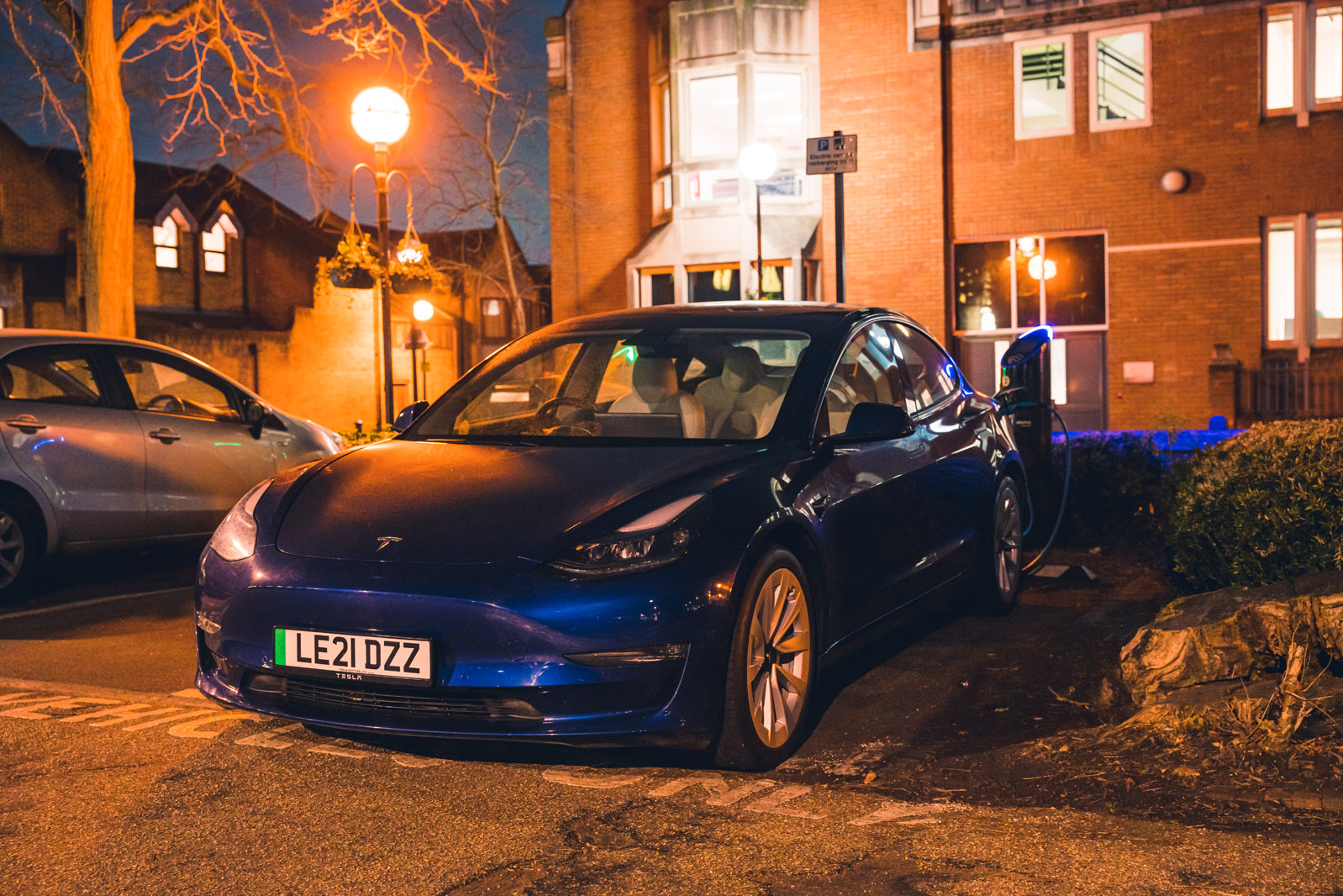Charging into Danger: The Hidden Cybersecurity Risks of EV Chargers

by AutoExpert | 29 November, 2023
As electric vehicles (EVs) gain popularity, a new concern arises: the vulnerability of EV chargers to cyber attacks. While we appreciate the convenience and environmental benefits of these charging stations, their potential to disrupt the power grid is a looming threat.
This story, originally reported by Grist and WIRED, sheds light on a critical aspect of our transition to cleaner energy.

Sky Malcolm's experience at an Electrify America charging station in Indiana highlights the issue. He found a charger displaying a political meme instead of the usual welcome screen. This prank, while harmless, reveals a deeper problem - the susceptibility of these chargers to hacking.

Similar incidents have occurred globally, from anti-government messages in Russia to inappropriate content in England. These breaches, though minor, signal a troubling potential for more harmful exploits.
Cybersecurity experts are raising alarms about the far-reaching consequences of such vulnerabilities. With the rapid expansion of charging infrastructure, the risk of widespread power grid disruption becomes more tangible. These chargers, often connected to home Wi-Fi networks, could serve as entry points for hackers to access sensitive data or even tamper with the power supply.

Researchers have identified multiple security flaws in various charger models, from tracking user movements to remote manipulation of charging functions. For instance, a study by Pen Test Partners revealed critical weaknesses in popular EV charger brands, including the ability to turn chargers on and off remotely. Such control in the hands of malicious actors could have catastrophic outcomes, particularly if executed on a large scale.

The potential for a coordinated attack on the power grid is not just hypothetical. The 2021 Colonial Pipeline hack, which caused widespread fuel shortages, demonstrates the real-world impact of such cyber attacks. It's a stark reminder of our infrastructure's digital vulnerabilities.
In response, both private and public sectors are working to fortify these systems. The Biden administration's $5-billion EV charging program includes cybersecurity measures. The Federal Highway Administration has mandated cybersecurity strategies for state-funded chargers, but gaps remain in the regulation of privately installed units.

There's a growing consensus that more robust standards and regulations are needed. The UK's recent implementation of enhanced security measures for EV chargers is a step in the right direction. These include encryption, tamper alerts, and randomized delay functionality to prevent simultaneous charger activations, which could destabilize the grid.
As we embrace electric vehicles, it's crucial to balance innovation with security. The stakes are high - not just for individual users but for our entire energy infrastructure. Let's ensure our journey towards a greener future is not only eco-friendly but also cyber-secure.

















